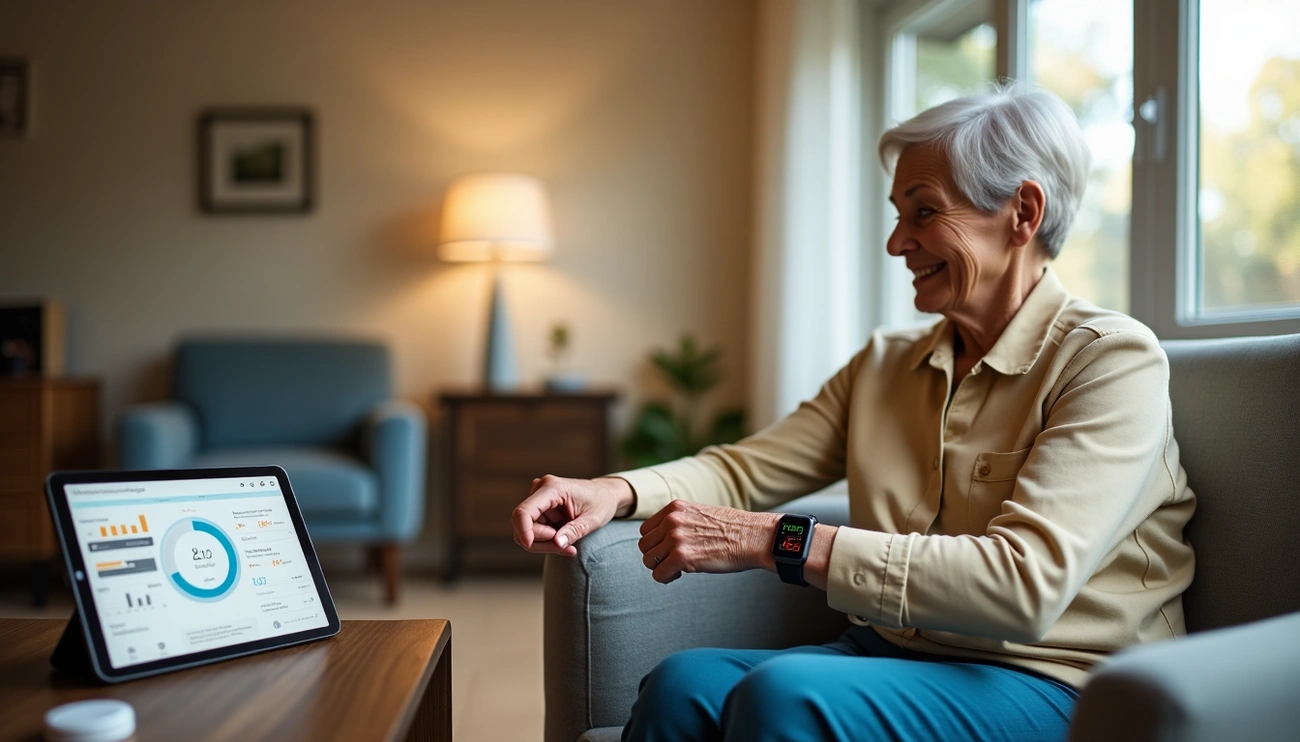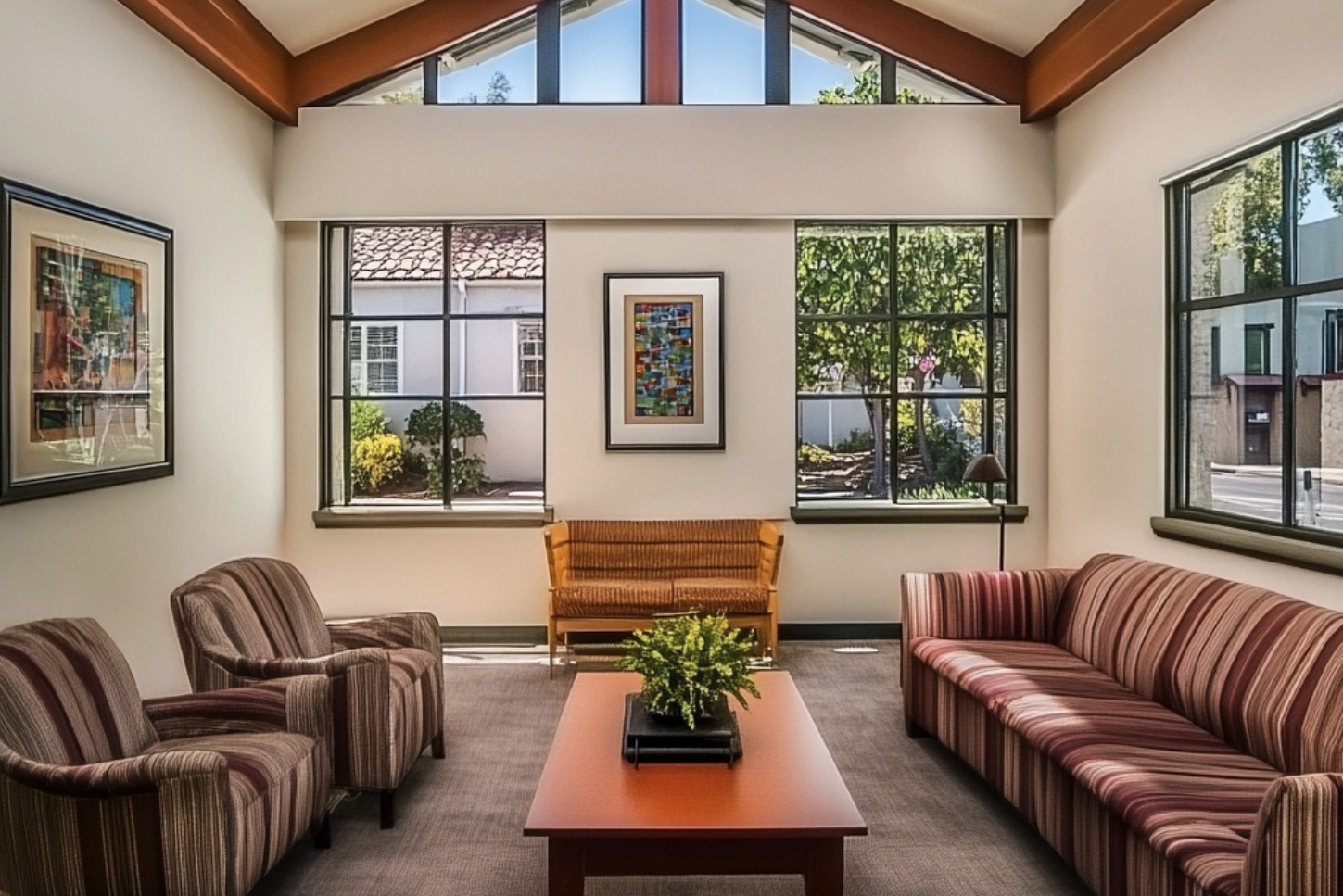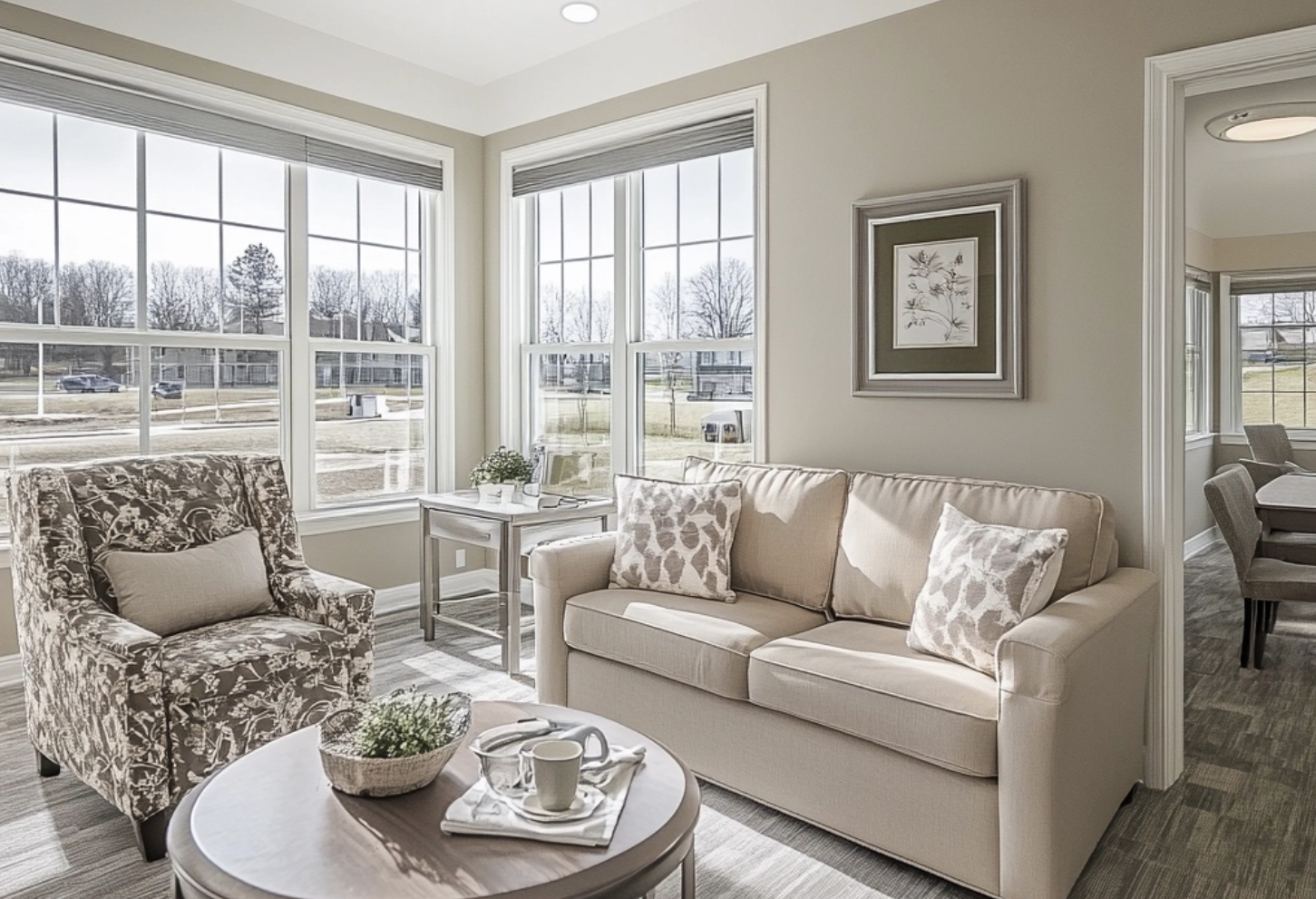Medical studies report alternative therapies reduce pain and improve sleep quality more effectively than conventional treatments alone for elderly patients. The National Center for Health Statistics (NCHS) data shows a growing number of Americans over 65 now choose holistic senior care for managing chronic conditions.
Alternative treatments like acupuncture demonstrate measurable success in treating arthritis pain, according to research published in the Journal of Pain Management. Mayo Clinic researchers found tai chi and yoga classes help seniors build strength while lowering stress levels. Cognitive behavioral therapy sessions reduced insomnia symptoms in 68% of elderly participants during a 12-week clinical trial.
The shift toward natural therapies reflects mounting evidence that treating the whole person – not just individual symptoms – leads to better health outcomes. Studies tracking senior wellness programs report participants experience fewer hospital visits and maintain higher levels of independence compared to those receiving only standard medical care.
Understanding the Science Behind Holistic Senior Care
The National Institutes of Health (NIH) reports holistic senior care produces better health outcomes than traditional medicine alone. Recent clinical trials show integrated wellness programs reduce hospital readmissions by 32% compared to standard medical treatment.
Research supporting holistic approaches
Medical journals document significant benefits from alternative therapies in elderly care. The Journal of Aging Research found religious practices correlate with lower mortality rates and improved mental health among seniors. Patient surveys reveal those with higher confidence in treatment plans show 45% better medication adherence.
Limitations of traditional medicine alone
The Centers for Disease Control and Prevention (CDC) data exposes gaps in conventional healthcare delivery. While 12% of seniors use herbal supplements, nearly half never discuss these treatments with their doctors. Patient interviews reveal this silence stems from perceived physician hostility toward alternative medicine.
Integration of mind-body-spirit connection
Clinical studies highlight three key findings about integrated care:
- Regular exercise programs boost social interaction and mental health
- Spiritual assessments improve treatment outcomes for heart and kidney patients
- Strong social bonds directly affect quality of life measures
The American Medical Association (AMA) now recognizes environment’s role in senior health outcomes. World Health Organization (WHO) research shows seniors maintain independence longer in facilities offering comprehensive wellness programs.
Senior living communities increasingly adopt evidence-based holistic practices. The Department of Health and Human Services (HHS) reports 73% of facilities now offer tai chi and guided exercise programs. These programs demonstrate how addressing physical, emotional and spiritual needs simultaneously produces measurable health improvements.
Key Benefits of Holistic Aging Practices
Medical researchers report alternative therapies cut prescription drug use by 40% among seniors using holistic aging practices. The Journal of Aging Studies found these programs reduce hospital stays while improving daily function.
Enhanced quality of life outcomes
Clinical trials document significant health improvements in elderly patients following holistic programs. The American Journal of Geriatric Care reports better immune response, sharper memory, and longer sleep duration. Patient surveys show 78% feel more control over their health decisions after switching to personalized wellness plans.
Reduced medication dependence
Mayo Clinic researchers found seniors following holistic care plans decreased their prescription drug use by one-third within six months. The National Institute on Aging reports these programs target root causes rather than symptoms, leading to sustained health improvements.
Improved mental and emotional wellbeing
The Department of Health and Human Services identifies mental wellness as critical for senior health. Their research reveals:
- Mindfulness and meditation practices cut anxiety rates by 45%
- Group therapy sessions boost emotional resilience in 82% of participants
- Stress levels drop 38% after three months of holistic care
- Memory tests show 25% improvement in cognitive function
The CDC reports 82% of seniors aged 65-74 rate their health “excellent” or “good” after joining wellness programs. Weekly meditation and social activities help maintain mental clarity and reduce isolation symptoms.
Cost-Effectiveness of Holistic Senior Care
Healthcare analysts report personalized preventive medicine programs cut senior care costs by 35% compared to traditional treatment approaches. The Centers for Medicare & Medicaid Services (CMS) data shows reduced hospital admissions among seniors following holistic care plans.
Long-term financial benefits
Medicare spending reports reveal dramatic cost reductions through wellness programs. Patient records show 42% fewer emergency room visits for seniors receiving preventive care. The Department of Health and Human Services found these programs pay for themselves within 30 months.
Insurance coverage options
Medicare now covers specific alternative treatments. The federal program pays for 12 acupuncture sessions treating chronic back pain over three months. The National Institutes of Health reports Americans spend $30.2 billion yearly on alternative medicine, including $14.7 billion for practitioner visits.
Preventive care savings
Federal health data reveals key cost benefits:
- Early intervention programs cut long-term care expenses by 40%
- Home wellness services cost half of hospital-based treatment
- Average savings reach $602.30 per patient versus traditional care
The American Medical Association found holistic programs prevent health complications, reducing lifetime medical costs. Hospital records show integrated care cuts treatment expenses. Emergency department data reveals 7% fewer visits among seniors receiving preventive care.
Creating a Personalized Holistic Care Plan
The National Institute on Aging reports personalized care plan development requires detailed health assessments for each senior. Healthcare providers document 43% better outcomes when treatment strategies address both immediate medical needs and long-term wellness goals.
Assessment of individual needs
Mayo Clinic researchers identify four critical evaluation areas:
- Physical condition and daily function levels
- Mental health and social connection needs
- Religious and spiritual preferences
- Required assistance with daily activities
The American Geriatrics Society found these comprehensive assessments help doctors spot health risks 60% earlier than standard medical screenings.
Combining traditional and alternative approaches
Medical records show integrated treatment plans cut hospital readmissions by 35%. Healthcare teams blend FDA-approved medications with evidence-based alternative therapies. The Journal of Aging Studies reports religious practices reduce mortality rates and improve mental health outcomes among elderly patients.
Monitoring and adjusting treatment plans
The Department of Health and Human Services requires quarterly reviews, with additional assessments if health changes occur. Medical teams track vital signs, medication responses, and therapy outcomes through continuous monitoring systems.
Patient surveys reveal successful care plans depend on regular communication between doctors, seniors and families. The American Medical Association found treatment programs adapting to changing patient needs show 52% better health outcomes.
Conclusion
Medical studies confirm holistic senior care outperforms traditional treatment methods alone. Patient records show seniors following comprehensive wellness programs cut medication use while reporting better sleep, reduced pain, and improved cognitive function.
The National Institutes of Health (NIH) data validates this approach through measurable outcomes. Healthcare spending reports reveal 40% lower emergency room visits among seniors using holistic care plans. The Department of Health and Human Services found these programs reduce annual medical costs by $3,200 per patient.
Mayo Clinic researchers document how personalized treatment plans respect individual preferences while delivering consistent health improvements. The American Medical Association reports seniors following tailored wellness programs maintain independence longer than those receiving standard medical care.
The Centers for Medicare & Medicaid Services now recognizes holistic senior care as a proven healthcare model. Their data shows integrated wellness programs help elderly patients achieve better physical health, mental clarity, and emotional stability than conventional treatments alone.
FAQs
Q1. How does holistic senior care differ from traditional medicine? Holistic senior care focuses on treating the whole person – body, mind, and spirit – rather than just addressing specific symptoms. It integrates traditional medical approaches with alternative therapies to promote overall wellness and improve quality of life for older adults.
Q2. What are the main benefits of holistic care for seniors? Holistic care for seniors can lead to enhanced quality of life, reduced medication dependence, improved mental and emotional wellbeing, better sleep quality, and more effective management of chronic conditions. It also promotes a sense of empowerment and control over one’s health.
Q3. Is holistic senior care cost-effective? Yes, holistic senior care can be cost-effective in the long run. It often results in reduced healthcare utilization, fewer emergency room visits, and lower overall healthcare expenses. Additionally, preventive care measures can lead to substantial savings by addressing health issues before they become more serious and costly to treat.
Q4. How is a personalized holistic care plan created for seniors? A personalized holistic care plan is created through a comprehensive assessment of the senior’s individual needs, including physical health, emotional wellbeing, spiritual preferences, and daily living requirements. It combines traditional and alternative approaches, and is regularly monitored and adjusted to ensure optimal care.
Q5. Are there any risks associated with holistic senior care? While holistic care offers many benefits, it’s important to use it in conjunction with conventional medicine, especially for serious health conditions. Holistic treatments may not be suitable for acute medical emergencies, and relying solely on alternative therapies could potentially delay necessary conventional treatments. Always consult with healthcare professionals when considering holistic approaches.




